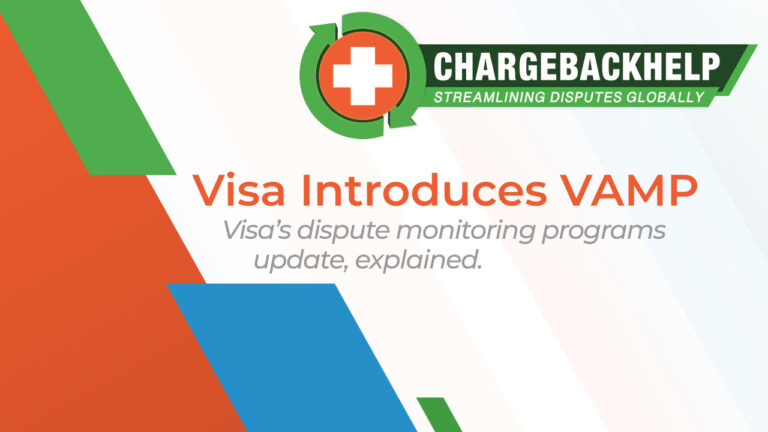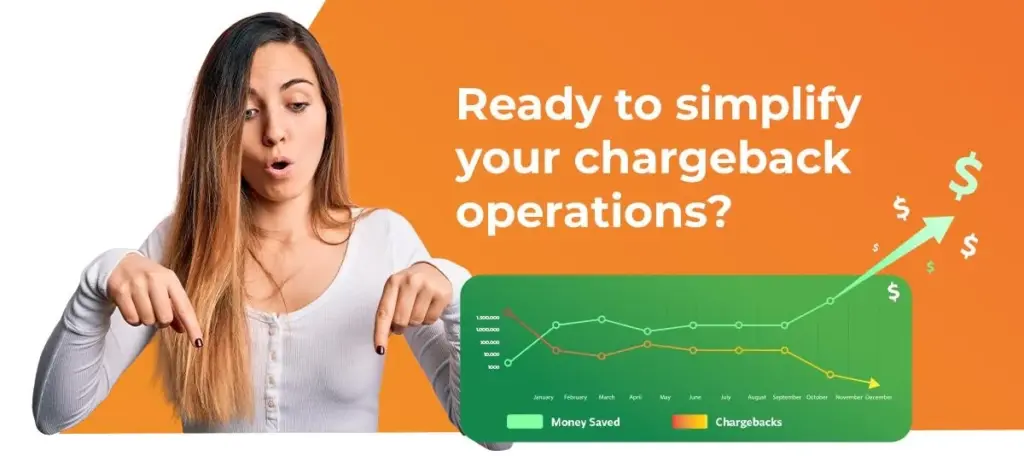What Are Chargeback Alerts?

The best chargeback is no chargeback at all. This simple wisdom explains much of the logic behind chargeback alerts, which are tools that allow merchants to resolve disputes before a chargeback is filed. Unfortunately, chargebacks are a grave threat to merchants, so it’s crucial to reduce and prevent them whenever possible.
Here’s the thing with chargebacks: the revenue at stake is only a small portion of the total, true costs of the chargeback. Let’s say you get hit with a chargeback over a dispute stemming from the sale of a $100 sweater. On top of the $100 in revenue you might lose, you’ll also have to pay chargeback fees, which typically range from $20 to $100.
Then your chargeback ratio will rise, and if it gets too high, your acquiring bank may start charging increased processing fees. In some cases, an acquiring bank might simply drop a merchant, potentially forcing them to work with a bank that specializes in high-risk businesses. These banks aren’t performing charity work, however, and can be quite pricey.
Card networks could also place a merchant in a chargeback monitoring program if their chargeback ratio is too high. These programs levy expensive penalties. Crucially, even if you fight a chargeback and win, your dispute ratio will still rise, which makes prevention all the more vital.
Chargeback alerts aim to head off chargebacks. Before the chargeback is filed, a bank will contact the merchant and let them know of the pending chargeback. You will then have an opportunity to resolve the dispute before it becomes a black mark on your record.
Often, to resolve a chargeback via chargeback alerts, you’ll have to issue a refund. If you’re unlikely to win a chargeback dispute, it’s typically better to simply offer the refund. Doing so will save you from chargeback fees and will safeguard your chargeback ratio. If the product hasn’t been shipped yet, you can also stop fulfillment, potentially saving inventory.
Ideally, merchants will prevent chargebacks before alerts even become necessary. Yet that’s not always possible. Chargeback alerts offer an effective next line of defense in chargeback prevention. Managing chargeback alerts can be a bit cumbersome, but ChargebackHelp makes it easy with our platform and tools.
Who Offers Chargeback Alerts
Several companies offer chargeback alerts. You will find differences in how these alerts work, so make sure you study them closely when deciding which services to use. Two of the most popular alert providers are Ethoca and Verifi, which are, respectively, owned by Mastercard and Visa.
Chargeback alerts aren’t the only preventative measure, by the way. Data-sharing platforms, such as Consumer Clarity by Ethoca, can automatically share data from a transaction. Many chargebacks are the result of confusion, such as unclear billing descriptors, but additional data can clear up misunderstandings and jog the customer’s memory.
Merchants may want to set up alert services and other preventative tools, but managing multiple platforms can be difficult. Fortunately, ChargebackHelp allows you to manage multiple chargeback alert services from one platform. If you have any questions or concerns about chargebacks, please reach out to our team. We’ve helped countless merchants prevent and fight chargebacks.








